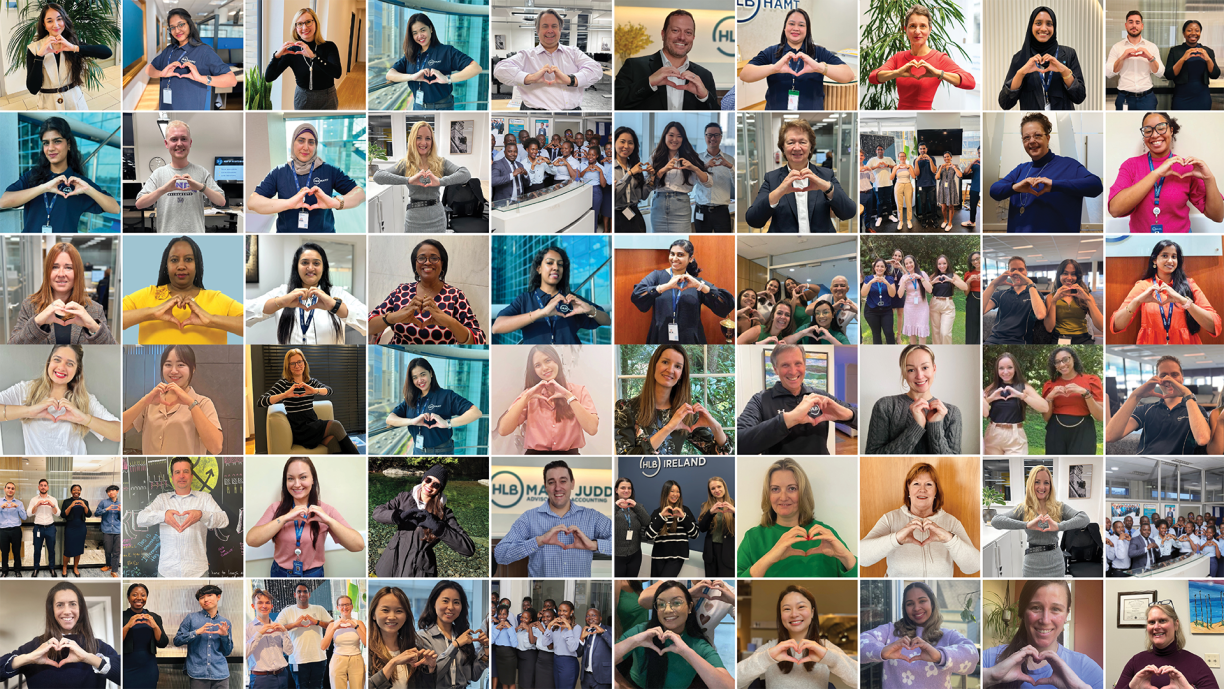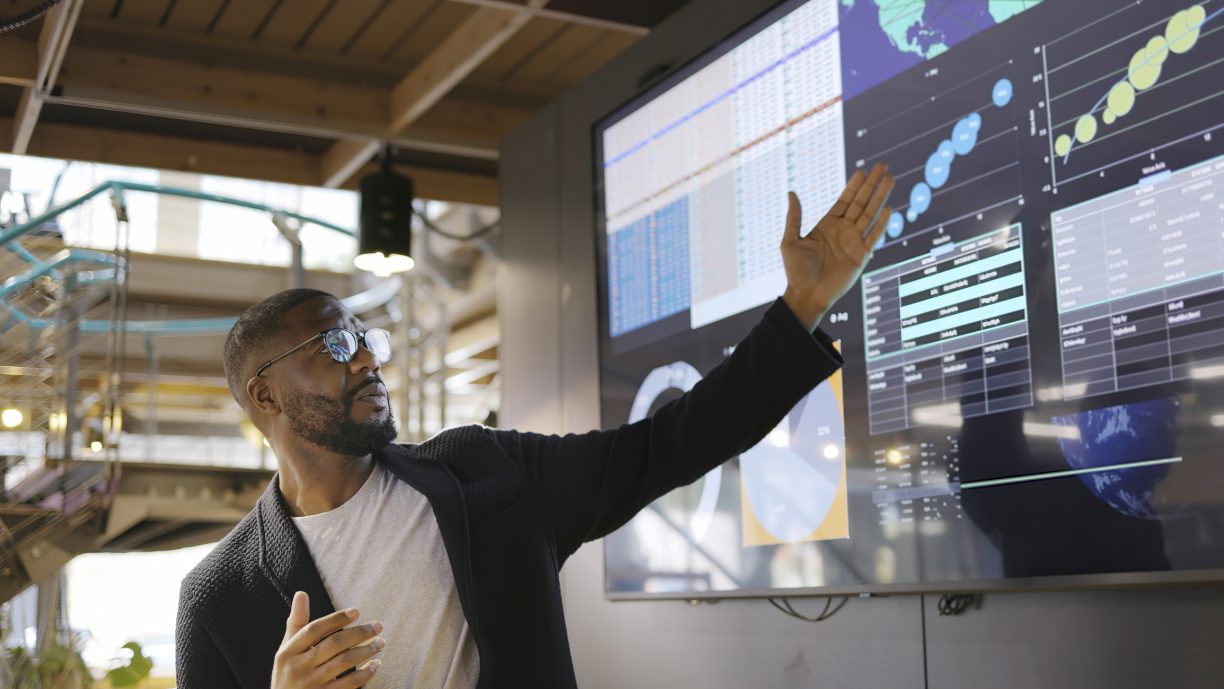The Corporate Sustainability Due Diligence Directive (CSDDD) will now become European Union law; it represents a significant advancement in corporate governance and accountability within the EU, holding businesses accountable for their societal and environmental impacts.
Cybersecurity, reporting and SMEs
With technology woven through core operations, cybersecurity extends beyond mere IT department concerns in today’s businesses. Contrary to widespread belief, cyberattacks affect organisations of all sizes. Read on to discover more about the ever growing risk of cybercrime.
How can organisations embody the spirit of Pride and become more human centric?
Organisations may well be more involved in Pride celebrations than ever, but leaders would do well to consider how their company approaches the issue of inclusion and diversity on a sustained basis. Explore how a more representative approach can help companies thrive in this article by HLB Chief People Officer Stephanie Rix.
Utilising artificial intelligence and integrating cloud-based services to save money and time in NFPs
In today’s landscape, Not-for-Profit organisations (NFPs) often face obstacles in fulfilling community needs as they navigate a highly competitive environment with limited resources and soaring demand for their services. They compete for time, attention, and funds, operating on lean budgets and often understaffed and overstretched.
What is FRS 101?
FRS 101 is a framework that allows qualifying subsidiaries to benefit from a reduced disclosure requirement in their individual financial statements. This means that these entities can provide less information in their financial statements, while still complying with accounting standards. The reduced disclosure framework is available to subsidiaries that meet certain criteria, and it can help to simplify the financial reporting process for these entities.
A global perspective on the economic responses to the pandemic
Four years after the start of the pandemic, businesses are seeking to evaluate and extract valuable lessons for the future. The ‘Presumption of Innocence’ podcast recorded in association with HLB explores the global impact of economic responses to the COVID-19 pandemic.
Raising the bar: How SMEs can excel in climate reporting and accountability
As part of Earth Day 2024, we explore the strategic benefits of carbon measurement in ESG compliance for SMEs, not just from a regulatory perspective but as a cornerstone of sustainable business practices that can drive long-term success
Embrace your superpower!
Being an ally is not about fancy speeches and big announcements. Being an ally is doing the simple things we can all do on a daily basis. We can all be someone’s ally: a simple ‘good morning’, a kind smile and a laugh can often pave the way to a long-lasting relationship of trust.
IFRS17 and its impact on the Insurance sector
IFRS17, also known as the International Financial Reporting Standard 17, is a set of accounting standards developed by the IASB. They represent a significant overhaul of accounting practices around insurance contracts. So, what do you need to know about IFRS17, how it differs from previous standards, and how should you prepare for implementation?
AI and auditing: A conversation with Bettina Cassegrain and Dr Daniel Susskind
Amidst the dynamic atmosphere of the HLB Global Summit in Japan, Dr. Daniel Susskind (prominent economist and author) spoke with HLB’s Bettina Cassegrain on the implications, challenges, and opportunities arising from the integration of artificial intelligence into auditing and other professional services.
ESG adoption and Hospitality: The path forward
The most successful and progressive leaders of today are embracing ESG (Environmental, Social, Governance) throughout their businesses in various forms. How can ESG help the hospitality sector address some of its challenges around staffing and costs? Also, what are some specific examples of good ESG practice that can help a hospitality business move forward?
Transaction Outlook 2024
As we enter 2024, the Mergers and Acquisitions (M&A) landscape is on the cusp of change, driven by transformative trends that present strategic opportunities.













